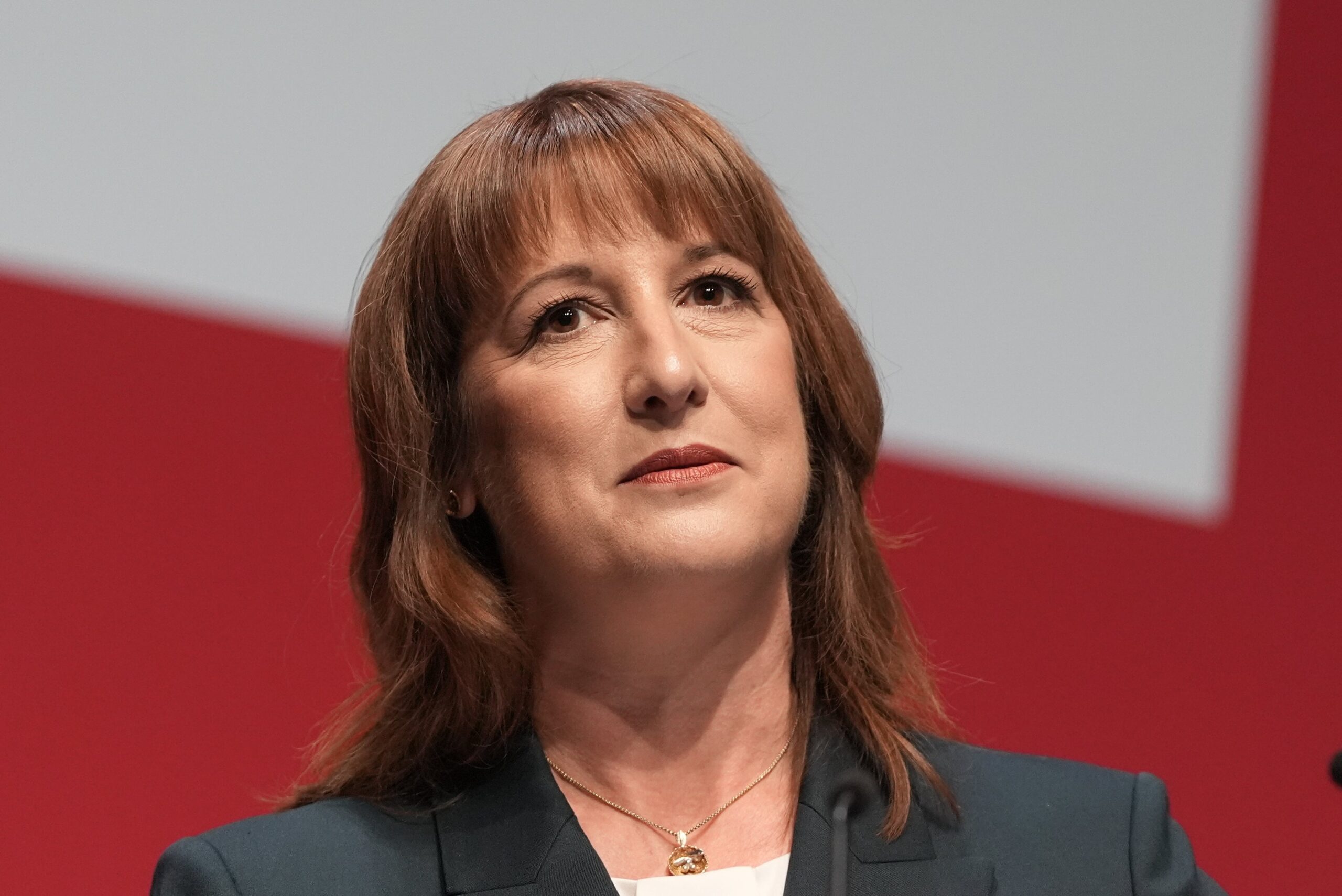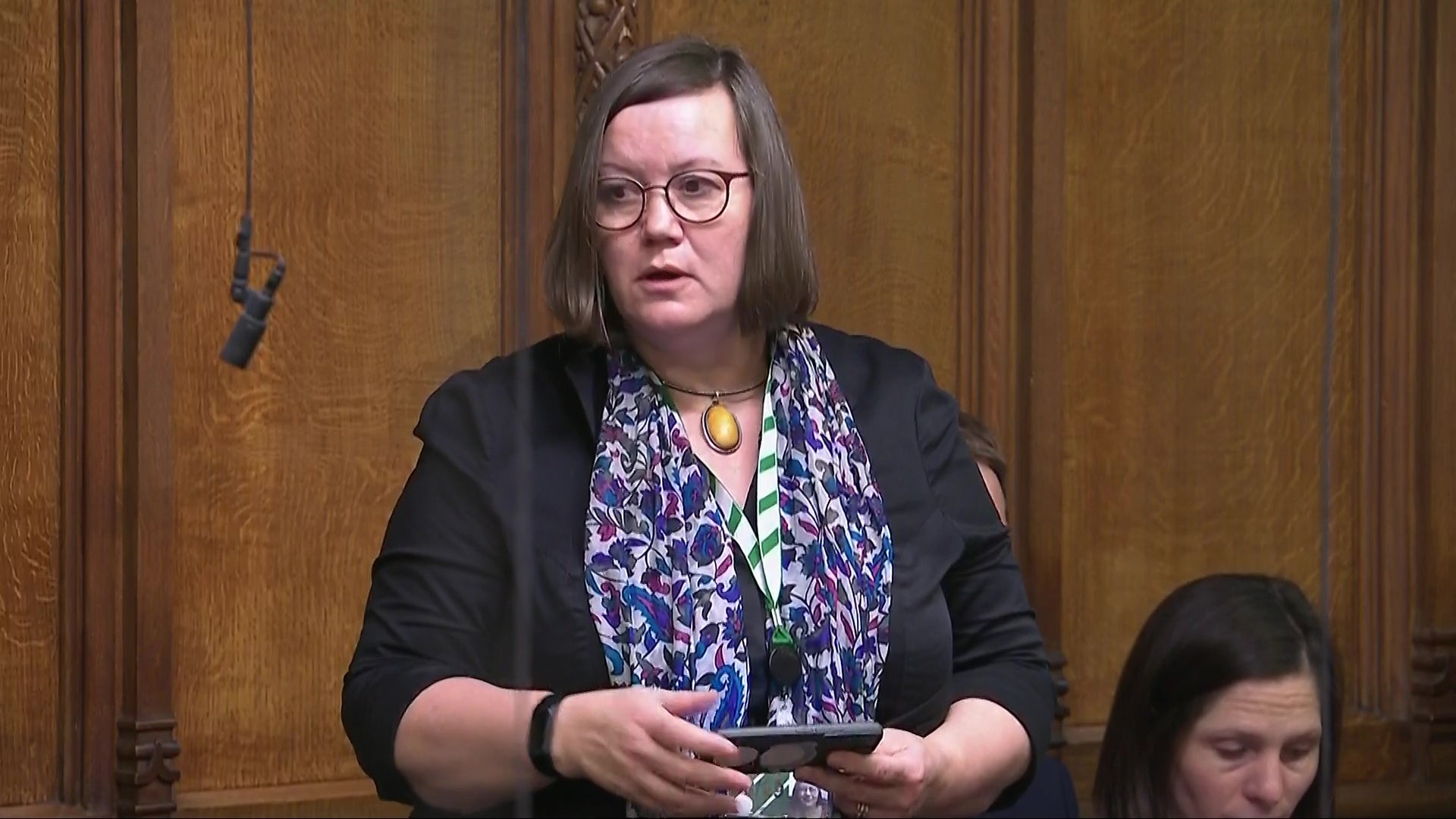Ending the two-child benefit cap with “half measures” will still see child poverty rise, Rachel Reeves has been warned in a hard-hitting report from the UK’s leading left-wing think tank.
The findings from the Resolution Foundation, whose former director Torsten Bell is now one of Ms Reeves’s Treasury ministers, come amid speculation that the chancellor will lift the cap to a maximum of three children in a bid to appease angry backbenchers.
The think tank warned: “Fully scrapping the two-child limit on benefits is an essential step towards achieving lower child poverty rates in 2029/30 than in 2024/25. No partial repeal of the policy is sufficient to keep child poverty rates from rising.”
But the cost of lifting the cap altogether is believed to be £3.5bn a year, at a time when Ms Reeves has to fill a budget black hole estimated at £40bn and is also seeking more headroom flexibility to deal with economic shocks.

However, the report will fuel a potential rebellion by Labour MPs from a range of factions inside the party, from grandee chair of the Treasury select committee Dame Meg Hillier to former Jeremy Corbyn ally John McDonnell.
Former prime minister Gordon Brown is also planning a major intervention next week on child poverty, where he will push for the abolition of any cap on child benefit.
Meanwhile, Lucy Powell has just won the party’s deputy leadership contest on a manifesto pledge to scrap the cap.
Without further policy action, the authors of the new report estimate that child poverty rates will hit a historic high of 34 per cent (4.8 million children) in 2029-30 after housing costs, up from 31 per cent in 2024-25. This is despite the commitment the government made in July to extend freeschool meals to all children in families receiving universal credit in England.
The report maintains that fully scrapping the two-child limit remains the most cost-effective way of driving down rates of child poverty. This bold move could lift 330,000 children out of poverty today and prevent a further 150,000 from falling into poverty by 2029-30, at a cost of £3.5 billion (or £7,280 per child lifted from poverty).
The research reveals that any option which only partially reforms the two-child limit – including moving to a three-child limit, thought to be favoured by Ms Reeves, would still leave child poverty rates higher at the end of the forecast (just under 32 per cent) than in 2024-25.
Dame Meg made it clear that she agrees with the findings of the report in broad principle.
She said: “I’ve crunched the numbers and the surest, fastest, and most cost-effective way to clamp down on child poverty is to abolish the two-child benefit limit.
“Introducing a three-child limit would help around 274,000 families – but it would still impact around 166,000 families. Other alternatives (such as exempting under-fives) would also help some, but on a much smaller scale [figures suggest 18,700 households based on trying to extrapolate from DWP figures].
“Quite simply, there are no other better alternatives – in terms of value for money, impact, or efficiency – to fight child poverty other than abolishing the two-child benefit limit entirely.”

Rachael Maskell, who was suspended from the parliamentary Labour Party for leading the welfare rebellion, warned: “The injustice of child poverty must be fully confronted with the right fiscal measures, and as evidence clearly says, by the abolition of the two-child limit and removal of the welfare cap. Watering this down will dilute the opportunities of another generation of children.”
Meanwhile, after Sir Keir Starmer was forced to abandon welfare reforms before the summer to save £5bn after a massive Labour backbench rebellion, there is a threat of another one if the cap is not abolished.
Former shadow chancellor Mr McDonnell, who was suspended for a year for voting to end the cap, warned: “There will be huge disappointment across Labour ranks if the 2 child limit is not scrapped completely. Half measures are not acceptable and will alienate even more of our supporters.”
Speaking to The Independent before she was confirmed as deputy leader, Ms Powell also made it clear that scrapping the cap is one of the changes which must come in the budget on 26 November.
She said: “We need to be a lot clearer about the urgency and the principles of lifting the two-child benefit cap, because if we want to see the levels of child poverty going down over this parliament.”
Alex Clegg, economist at the Resolution Foundation, said: “If the government doesn’t act this parliament, child poverty will reach a new historic high, with more than one in three children growing up in poverty by 2029-30.
“The most effective way to lift children out of poverty is to fully scrap the two-child limit on benefits. None of the partial options for repeal floated in recent months would be enough to keep child poverty from increasing over the course of this parliament.
“If the government wants to meet its manifesto promise of developing an ambitious child poverty strategy, it should do the right thing and scrap the two-child limit in its entirety. This bold action alone would save nearly half a million children from growing up in poverty by the end of the decade.”
A government spokesperson said: “Every child, no matter their background, deserves the best start in life.
“That’s why our child poverty taskforce will publish an ambitious strategy to tackle the structural and root causes of child poverty.
“We are investing £500m in children’s development through the rollout of Best Start Family Hubs, extending free school meals and ensuring the poorest don’t go hungry in the holidays through a new £1bn crisis support package.”
